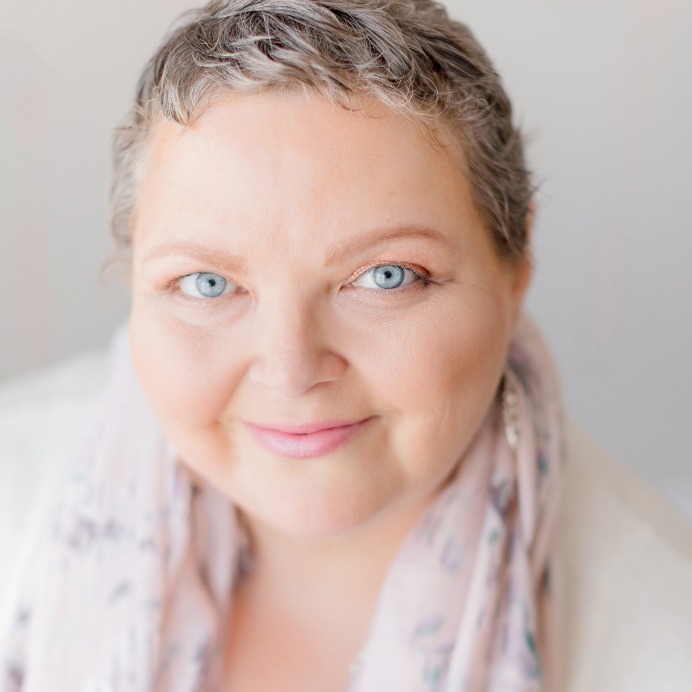By continuing to use our site, you consent to the processing of cookies, user data (location information, type and version of the OS, the type and version of the browser, the type of device and the resolution of its screen, the source of where the user came from, from which site or for what advertisement, language OS and Browser, which pages are opened and to which buttons the user presses, ip-address) for the purpose of site functioning, retargeting and statistical surveys and reviews. If you do not want your data to be processed, please leave the site.
The Voice of People With Breast Cancer
Education
Our Voices Blog
The High Cost of Cancer
Living in a remote community like Labrador City, NL comes with its own challenges. We have one grocery store with very high prices, gas is $1.34/L, and we lack normal everyday amenities such as movie theatres and night clubs. Traveling out of Labrador means a very expensive plane ticket or driving 7-14 hours (depending on which direction you choose) on a partially paved highway that has often been called a cow path in some sections. The most critical challenge, however, is access to adequate healthcare. I experienced this firsthand when I was diagnosed with cancer.
Why should where you live determine your quality of care? Our new campaign highlights the differences in access to treatments for mBC across Canada
Did you know that accessing treatments for stage IV metastatic breast cancer (mBC) is not universal across Canada? We live in a country that promotes universal health care to all but accessing cancer treatment varies by each province.
A Palpable Mass
So, we could begin like all meeting group sessions do:
— Hi, hello. My name is Rebecca, I'm 37 and I have breast cancer.
— Hello Rebecca.
We could. Yeah.
Pharmacare 2019: Where do Canada’s federal parties stand on a national drug access plan?
Timely access to medications is a key concern for any breast cancer patient, but drug access in Canada has long been a minefield to navigate. Inequitable access to medications across provinces, drug shortages and long wait times to access new treatments are just some of the issues patients and their families routinely encounter in their quest for treatment. National Pharmacare-a plan to reimburse prescription medications in a similar fashion as our healthcare system-has often been proposed as a solution to many of the drug access issues that Canadians currently experience. While Pharmacare has been debated nationally for a long time, it is only recently that the idea has gained real traction and momentum.
Lived experience sets research priorities for breast reconstruction
According to breast cancer survivor Cathy Hemeon of Mount Pearl, Newfoundland, “Breast cancer patients offer up the best lived experiences and advice in terms of what the priorities should be for research.” Cathy, a CBCN board member, was therefore very pleased to participate in a national meeting that brought together Canadian patients, caregivers, and clinicians to set the top 10 priorities for research on post-mastectomy breast reconstruction.
Talking Palliative Care Part 2: Choosing your care
We can all agree that when it comes to making end of life decisions, comfort is one of the most important considerations. Comfort can mean different things to everyone. Staying at home for as long as possible or until death may be preferred by some people while others may feel more comfortable in a facility. If you’re unsure of what will make you most comfortable here are some things to consider.
Physical therapy vs Occupational therapy: What’s the difference?
Rehabilitation is an important aspect when recovering from or living well with breast cancer. Physical therapy (PT) and occupational therapy (OT) are terms we often hear when discussing rehabilitation, but we can sometimes confuse their true meanings.
Talking Palliative Care Part 1: Symptom management and getting the most out of your palliative care team
The thing to know about palliative care is that you don’t actually need to be at end of life to get the benefits of it. Palliative care is about getting the best quality of life while living with a life-limiting diagnosis. Symptom management and maintaining your emotional well-being are key aspects in palliative care treatment.
An app that helps you during your treatment and beyond
Self-care during treatment is so important for maintaining not only a good quality of life but your sanity as well. From doctors appointments, to managing the emotional aspects of a breast cancer diagnosis, there’s a lot to juggle. We’re excited to announce our new partnership with Self Care Catalysts and our Health Storylines mobile app.
Genetic testing: the benefits, the risks, and the latest knowledge
According to Genetics Home Reference, “Genetic testing is a type of medical test that identifies changes in chromosomes, genes, or proteins. The results of a genetic test can confirm or rule out a suspected genetic condition or help determine a person’s chance of developing or passing on a genetic disorder.”













